Oral herpes, a common and often misunderstood condition, is caused by the herpes simplex virus (HSV-1). Characterized by painful sores around the mouth, it can significantly impact one’s quality of life. Understanding the causes, symptoms, and early detection methods is crucial for effective management. This article explores a comprehensive approach to managing and preventing oral herpes outbreaks, including the latest treatment options, preventive measures, and lifestyle changes. We also delve into the broader impact of oral herpes on overall health and provide expert advice and the latest research findings to help you stay informed and proactive in safeguarding your health against this persi
dominure.com will take you through an extensive exploration of this topic.
1. Understanding Oral Herpes: Causes and Symptoms
Oral herpes is caused by the herpes simplex virus type 1 (HSV-1), a highly contagious virus that affects the skin and mucous membranes, particularly around the mouth and lips. Transmission often occurs through direct contact with an infected individual, such as kissing or sharing utensils. The virus can also be spread via saliva, even when no visible sores are present.
Once infected, the virus remains dormant in the body’s nerve cells and can reactivate periodically, leading to outbreaks. Common triggers for reactivation include stress, illness, sunlight exposure, hormonal changes, and a weakened immune system. The initial outbreak is usually the most severe and may be accompanied by flu-like symptoms such as fever, swollen lymph nodes, and body aches.
Symptoms of an oral herpes outbreak typically begin with a tingling or burning sensation around the lips or mouth, followed by the appearance of small, fluid-filled blisters. These blisters eventually burst, leaving painful sores that can take up to two weeks to heal. In some cases, the affected area may also become red and swollen.
Recognizing the early signs of an outbreak is crucial for timely intervention and management. Understanding the causes and symptoms of oral herpes can help individuals take preventive measures and seek appropriate treatment to reduce the frequency and severity of outbreaks.
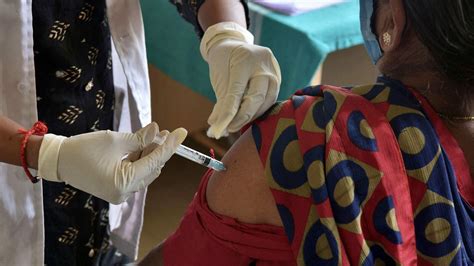
2. Early Detection and Diagnosis Methods
Early detection of oral herpes is crucial for managing and minimizing the impact of outbreaks. Recognizing the initial signs, such as a tingling, itching, or burning sensation around the mouth, can prompt timely intervention. These prodromal symptoms often precede the appearance of visible blisters by one to two days.
Diagnosing oral herpes typically involves a clinical examination by a healthcare professional. The presence of characteristic sores and their location on the lips or around the mouth usually provides enough evidence for a diagnosis. However, to confirm the presence of the herpes simplex virus, additional diagnostic tests may be performed.
One common diagnostic method is a viral culture, where a sample from a sore is collected and tested in a laboratory to detect the virus. Polymerase chain reaction (PCR) testing is another highly accurate method that can identify the virus’s genetic material in a sample from a sore or blood. Serological tests, which detect antibodies against HSV-1 in the blood, can also help determine if an individual has been previously exposed to the virus.
Early and accurate diagnosis allows for the prompt initiation of antiviral treatments, which can reduce the severity and duration of an outbreak. It also helps in taking preventive measures to avoid spreading the virus to others, emphasizing the importance of early detection and diagnosi
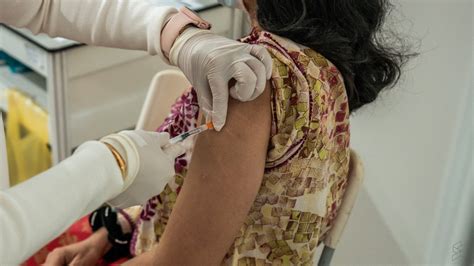
3. Effective Treatment Options and Medications
Effective treatment options for oral herpes focus on reducing the severity and duration of outbreaks, as well as minimizing discomfort. Antiviral medications are the cornerstone of treatment and can be prescribed in various forms, including oral tablets, topical creams, and ointments.
Common antiviral medications include acyclovir, valacyclovir, and famciclovir. These medications work by inhibiting the replication of the herpes simplex virus, thereby shortening the outbreak period and alleviating symptoms. For individuals with frequent outbreaks, a doctor may recommend daily suppressive therapy, which involves taking antiviral medication regularly to reduce the frequency and intensity of episodes.
In addition to antiviral drugs, over-the-counter treatments can help manage symptoms. Topical creams containing docosanol or benzyl alcohol can provide relief from pain and itching. Pain relievers such as ibuprofen or acetaminophen can also help ease discomfort.
Keeping the affected area clean and avoiding irritants, such as spicy or acidic foods, can aid in the healing process. Applying a cold compress can reduce swelling and soothe the skin. Consulting with a healthcare provider ensures personalized treatment, optimizing the management of oral herpes outbreaks and improving overall quality of life.
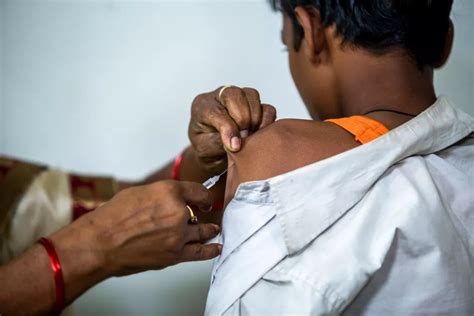
4. Preventive Measures to Reduce Outbreak Frequency
Preventive measures play a crucial role in reducing the frequency of oral herpes outbreaks. Managing stress is essential, as high stress levels can trigger recurrences. Techniques such as meditation, yoga, and regular exercise can help maintain a balanced mental state.
Protecting the skin from excessive sunlight by using lip balm with SPF or wearing a wide-brimmed hat can prevent UV-induced outbreaks. Maintaining a healthy immune system is also vital; this includes a balanced diet rich in vitamins and minerals, adequate sleep, and regular physical activity.
Avoiding known triggers, such as certain foods or hormonal changes, can help minimize outbreaks. It’s also important to practice good hygiene, such as not sharing personal items like lip balm, utensils, or towels, and washing hands frequently.
For those with frequent episodes, daily antiviral medication as a preventive therapy may be recommended by healthcare providers. By adopting these preventive strategies, individuals can significantly reduce the occurrence and severity of oral herpes outbreaks.
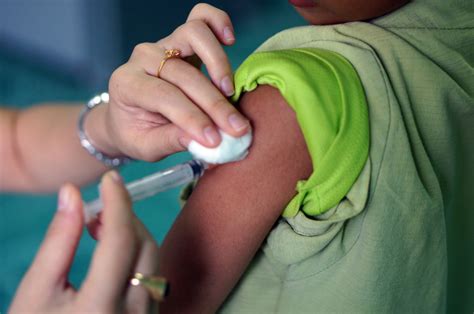
5. Lifestyle Changes to Manage and Prevent Outbreaks
Implementing specific lifestyle changes can effectively manage and prevent oral herpes outbreaks. Stress management is crucial, as stress can trigger recurrences. Engaging in relaxation techniques such as meditation, yoga, or deep-breathing exercises can help maintain emotional balance and reduce stress levels.
Dietary adjustments also play a significant role. Consuming a diet rich in vitamins and minerals, particularly those that boost the immune system, can help keep the virus dormant. Foods high in lysine, such as dairy products, fish, and chicken, are beneficial, while limiting arginine-rich foods like nuts, seeds, and chocolate may help prevent outbreaks.
Maintaining overall health through regular exercise and adequate sleep strengthens the immune system, making it less susceptible to triggers. Hydration is equally important, as it helps keep the body’s systems functioning optimally.
Avoiding direct contact with known triggers, such as excessive sunlight and physical trauma to the lips, is essential. By incorporating these lifestyle changes, individuals can better manage oral herpes and reduce the frequency of outbreaks, enhancing their quality
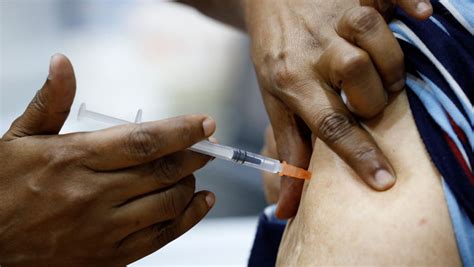
6. Impact of Oral Herpes on Overall Health
Oral herpes can have a significant impact on overall health, extending beyond the discomfort of recurrent outbreaks. The presence of painful sores can interfere with daily activities, such as eating, drinking, and speaking, leading to a temporary decline in quality of life. In severe cases, the sores can cause significant pain and lead to secondary bacterial infections if not properly managed.
Psychologically, living with oral herpes can be challenging. The stigma associated with visible sores can affect self-esteem and social interactions, leading to feelings of embarrassment, anxiety, and depression. This emotional toll can be particularly pronounced during frequent or severe outbreaks.
Additionally, oral herpes can pose health risks for certain populations. Individuals with weakened immune systems, such as those with HIV/AIDS or undergoing chemotherapy, may experience more severe and prolonged outbreaks. For these individuals, managing oral herpes effectively is crucial to avoid further complications.
The virus can also occasionally cause complications in other parts of the body. For instance, if it spreads to the eyes, it can lead to herpes keratitis, a serious condition that can cause vision problems or even blindness if untreated.
Overall, the impact of oral herpes on health underscores the importance of effective management and preventive measures. By addressing both the physical and psychological aspects of the condition, individuals can better cope with its challenges and maintain a higher q
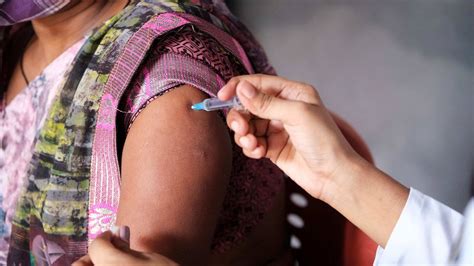
7. Expert Advice and Latest Research Findings on Oral Herpes Management
Recent research and expert advice highlight the importance of a multifaceted approach to managing oral herpes. Studies have shown that early initiation of antiviral therapy can significantly reduce the duration and severity of outbreaks. Experts recommend personalized treatment plans that may include both episodic and daily suppressive therapy, depending on the frequency of outbreaks.
Innovative treatments, such as new antiviral medications and topical formulations, are continuously being evaluated. Research into vaccines and novel therapies holds promise for future prevention and management. Experts also emphasize the role of lifestyle modifications, such as stress reduction and dietary adjustments, in controlling outbreak frequency.
Ongoing research into the herpes simplex virus’s mechanisms has led to a better understanding of potential triggers and ways to mitigate them. Staying informed about the latest developments and consulting with healthcare professionals for individualized advice are crucial for effective management of oral herpes. By integrating the latest research findings with established treatment practices, individuals can better manage their condition and improve their quality of life.
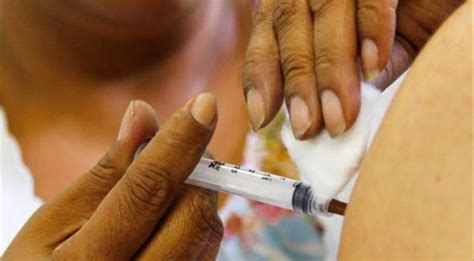
Effective management and prevention of oral herpes require a comprehensive approach, including early detection, appropriate treatments, and lifestyle adjustments. By understanding the causes and symptoms, utilizing antiviral medications, and adopting preventive measures, individuals can reduce the frequency and severity of outbreaks. Staying informed about the latest research and expert advice further enhances the ability to manage this condition effectively. With proactive care and informed strategies, individuals can significantly improve their quality of life and better control oral herpes.
dominure.com

